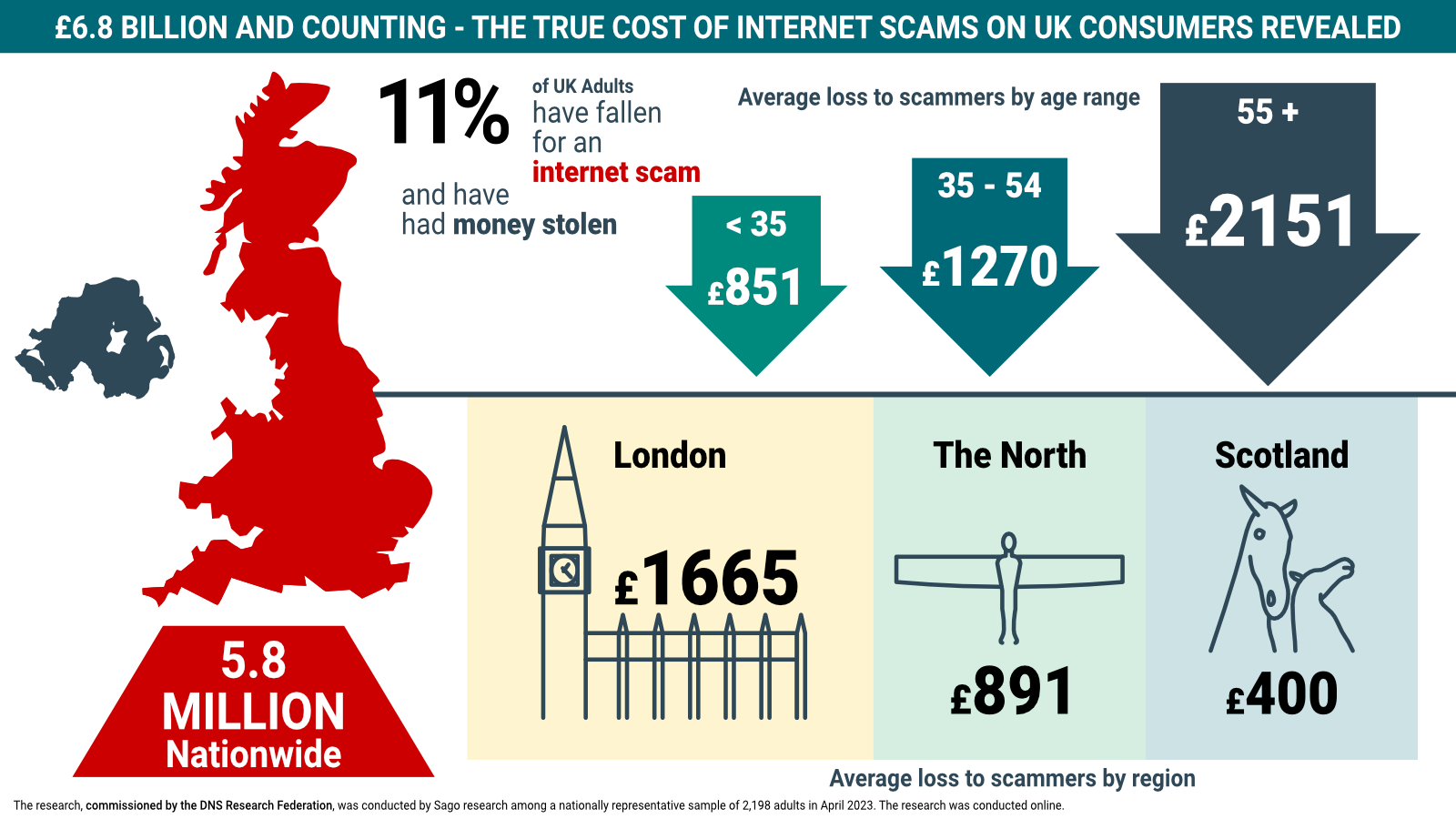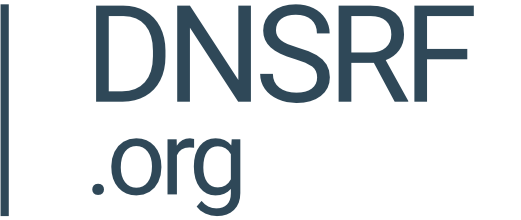£6.8 BILLION AND COUNTING - THE TRUE COST OF INTERNET SCAMS ON UK CONSUMERS REVEALED

The average amount of money Brits lose to online scams has hit a national average of £1,169 per person, with 7% claiming to have lost more than £7,500 to scammers, according to new research by the DNS Research Federation - the independent, not-for profit organisation that believes passionately in a better future for the Internet.
Nationally, 11% of UK adults – 5.8 million people nationwide - admitted they had fallen for an Internet scam and had money stolen. This equates to £6.8 Billion stolen from personal accounts. Thinking about what this sum means, this would be enough money to build 10 Olympic stadiums, it is seven times more than the required budget to end homelessness in the UK and it would pay for every person in Manchester, Birmingham, Glasgow, Newcastle, Sheffield and Leeds to have solar panels fitted (9.8 million people).
The study by the DNS Research Federation also revealed that older people were most vulnerable to losing large sums to scammers. People aged over 55 that had been victims of Internet crime claimed to have lost an average of £2,151 to scammers via their computer or phone. This compares to an average loss of £1,270 for 36-54 year-olds and £851 for people aged under 35.
And despite being the UK home of politics, finance, governance and regulation - London was the place where people were most likely to lose large sums to Internet scams. The average loss in London was £1,665 per person, compared to £891 for people in the North and £400 for those living in Scotland.
The findings are from a survey of a representative sample of 2,000 adults, which explored the prevalence and impact of internet crime in Britain today. With 11% of individuals acknowledging losing money online to scammers, this makes Britons 10 times more likely to be scammed than to be burgled. Further, it is highly likely that the true number of people that have been victims of internet crime is far higher than the proportion of people that report it. For example, compared to the 11% of individuals acknowledged losing money to scammers, 40% said someone in their family had lost money to scammers, and survey respondents also knew close friends (43%), work colleagues (38%) or neighbours (29%) that had been a victim of Internet crime. Additional focus group interviews that DNS Research Federation conducted with victims of Internet crime revealed that many felt foolish and blamed themselves for losing money and some were unlikely to tell others they had fallen for a scam.
Notes to editor:
The research was conducted by Sago research among a nationally representative sample of 2,198 adults in April 2023. The research was conducted online.
Additional focus group research on the experience on Internet Fraud was conducted for The Federation by Puffin Research and Windsor Edge Research in March 2023. Case studies are available on request.
About the DNS Research Federation:
The first organisation of its kind, The DNS Research Federation is a not-for-profit organisation that sits at the intersection of policy and technology. With a mission to advance the understanding of the Domain Name System's impact on cybersecurity, policy and technical standards, the Federation funds research, engages in technical standards, and brings technical tools and objective data relating to the internet's unique identifier systems - especially the DNS - to researchers, public safety and industry stakeholders.
Exploring the linkages between traditional internet governance, the strategic importance of technical standards, and contemporary policy challenges, the DNS Research Federation connects up islands of scholarship and communities of expertise. The Federation gives a voice to the data and is inviting collaboration and partnership from key stakeholders from all aspects of the DNS ecosystem to participate as partners and supporters.
Related Topics
Get the full News Release
DownloadAbout this News Release
File size
23k
Categories
Cybercrime
,
DNS Economics
Thumbnail (not licensed for release)



